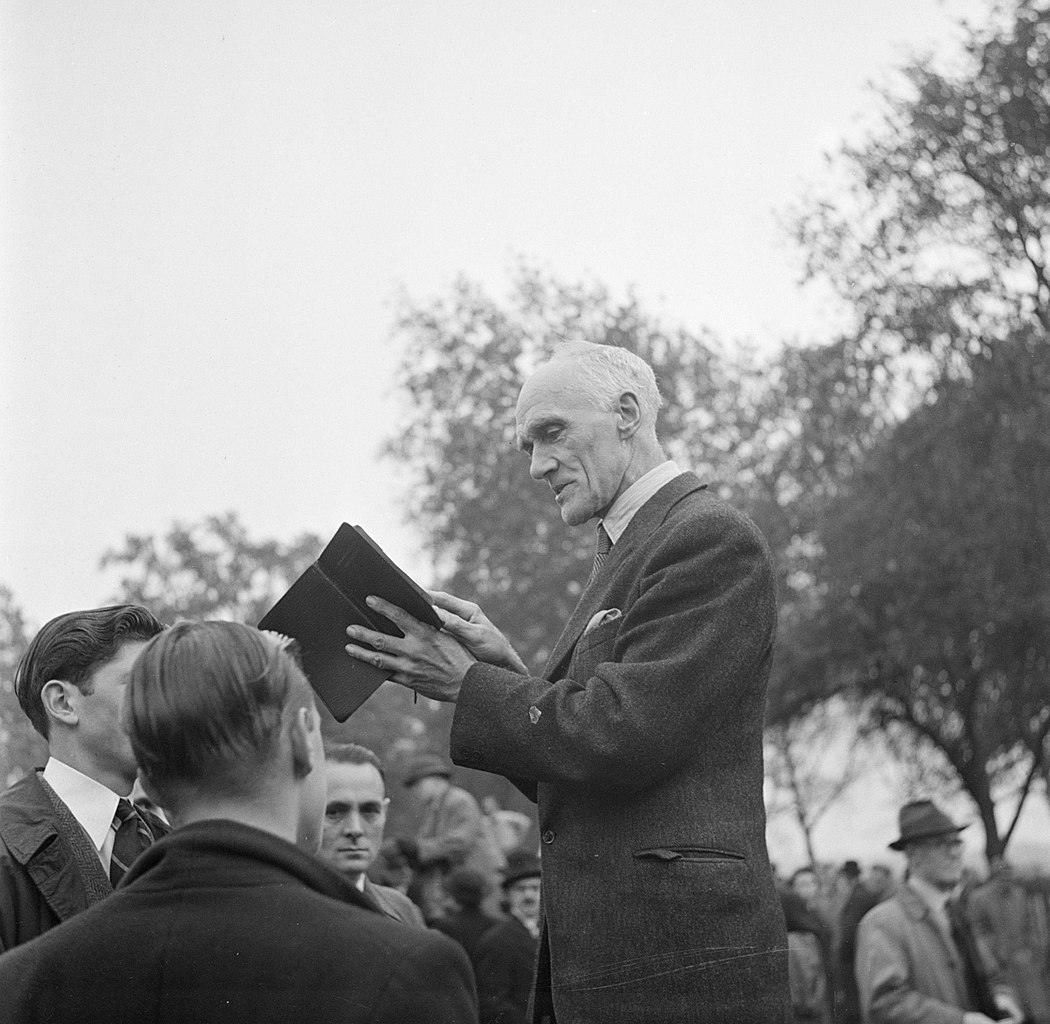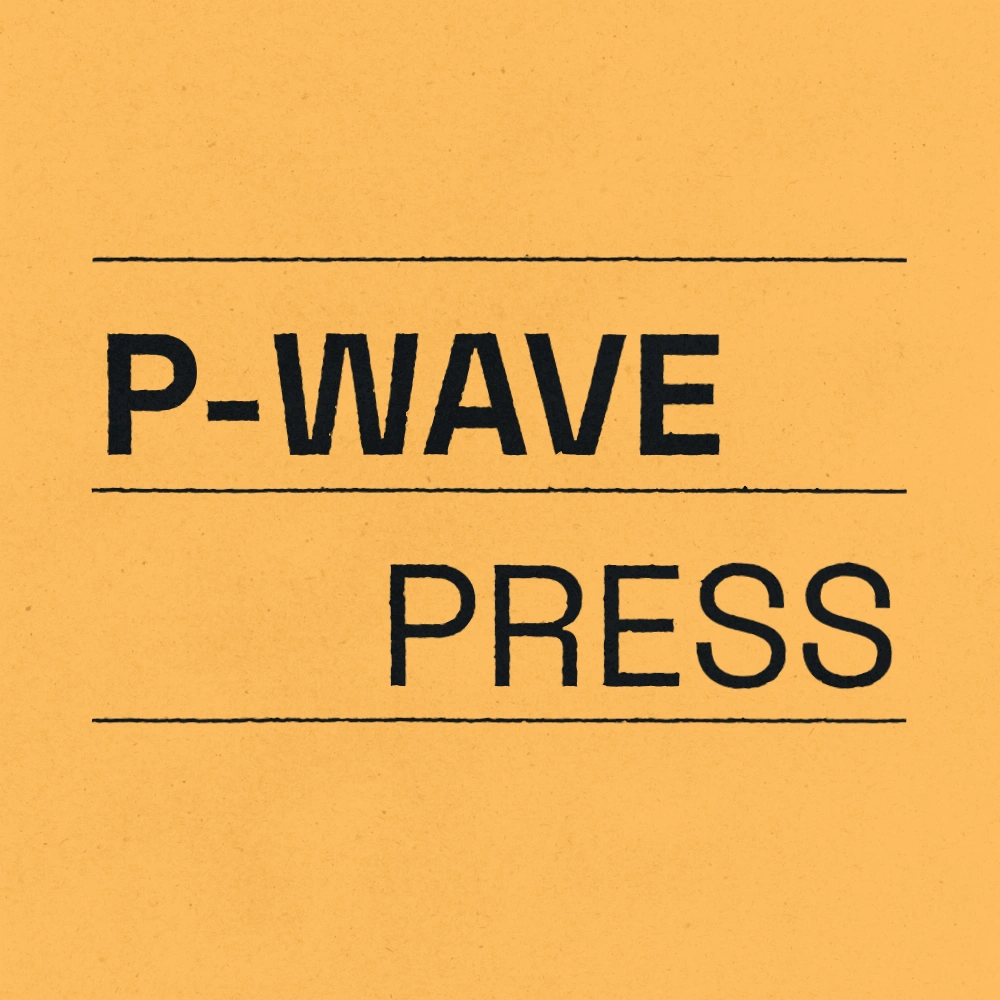Followers, Feeds and Fiction
Why Publishing Needs to Look Beyond the Algorithm

A speaker at Speakers Corner in Hyde Park, 1947. Willem van de Poll, CC0, via Wikimedia Commons.
There’s been a growing narrative in the publishing industry that the future belongs to authors with large online followings—particularly those who’ve carved out a niche on TikTok. This idea isn’t new, but it seems to be gaining traction at the highest levels of publishing, where follower counts and BookTok trends are increasingly factored into decisions about which books are signed, promoted, and published.
It’s not hard to see why this approach is appealing to publishers under pressure: a built-in audience, measurable engagement, and the prospect of viral sales all make for an attractive package. But at P-Wave Press, we find this trend deeply worrying—for several reasons.
First, it implies that only those who’ve already proved themselves online are worth investing in. That the value of a writer’s work is determined not by its quality or originality, but by how many people have liked their posts or watched their videos. It pushes publishers away from developing and supporting new or quiet voices—those who might not thrive in the attention economy but have something vital to say.
This approach disproportionately excludes writers who either don’t want to or can’t immerse themselves in social media. The pressure to be both an author and a content creator is immense, and not everyone wants to spend hours curating an online persona. Nor should they have to. Writing a book is already a huge creative endeavour. Expecting authors to also be full-time digital marketers only shifts responsibility from publisher to writer and narrows the field even further.
Second, and just as concerning, is what this obsession with follower counts might mean for the kinds of books that get published. Social media, by its nature, favours a certain type of content—quick, bold, emotionally immediate, often skewing towards trend-driven or easily summarised narratives. That doesn’t mean the books that find success on BookTok aren’t valuable—they are. But if publishers begin to focus only on what performs well on those platforms, then the scope of publishing itself will shrink. The risk is a marketplace flooded with similar titles, while quieter, stranger, or more challenging works struggle to find their way into print.
And then there’s the irony: even publishers admit that a large online following doesn’t necessarily translate into strong sales. A viral post might boost a book temporarily, but it’s no guarantee of long-term success—or of a meaningful, lasting readership. So one wonders: is this the right strategy at all?
At P-Wave Press, we believe this moment reinforces the need for independent publishers. We’re here to support a diversity of voices, styles, and genres—to back books not because they’ve gone viral, but because they’re worth reading. We want to publish authors who are engaged in the world around them, who may not have a follower count to flaunt but have something important to say.
Because no matter how much noise social media generates, there’s still far more happening outside the feed than within it. And it’s in that wider, richer world that many of the most powerful, surprising, and lasting stories are waiting to be told.
What do you think? Are follower counts a fair way to judge an author’s potential? Or is publishing missing something important by narrowing its gaze? Share your thoughts or join us on social media via X (formerly Twitter) and Bluesky—if you're there.
